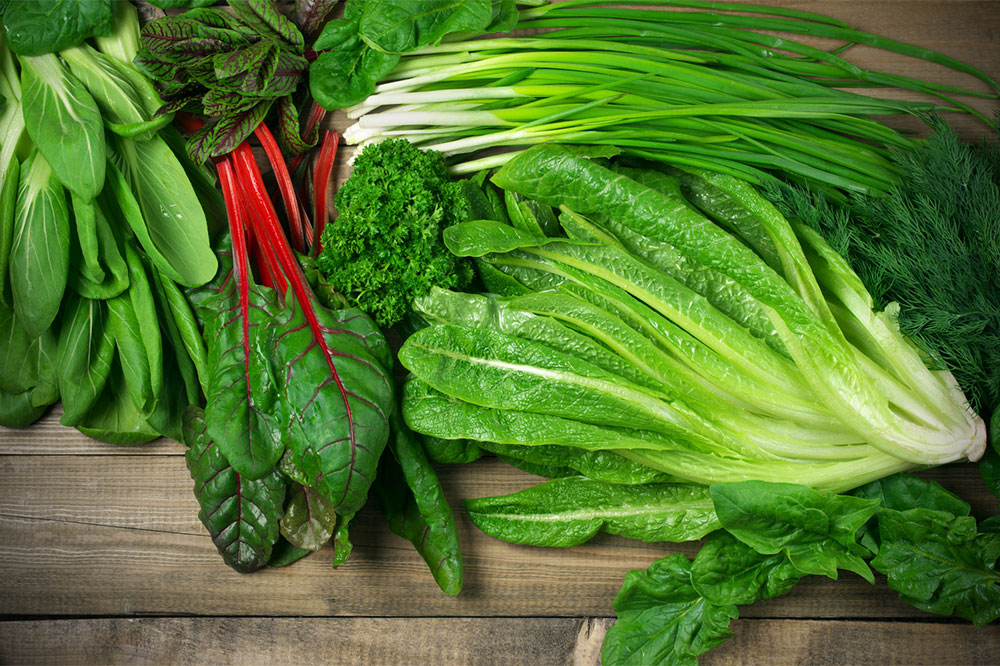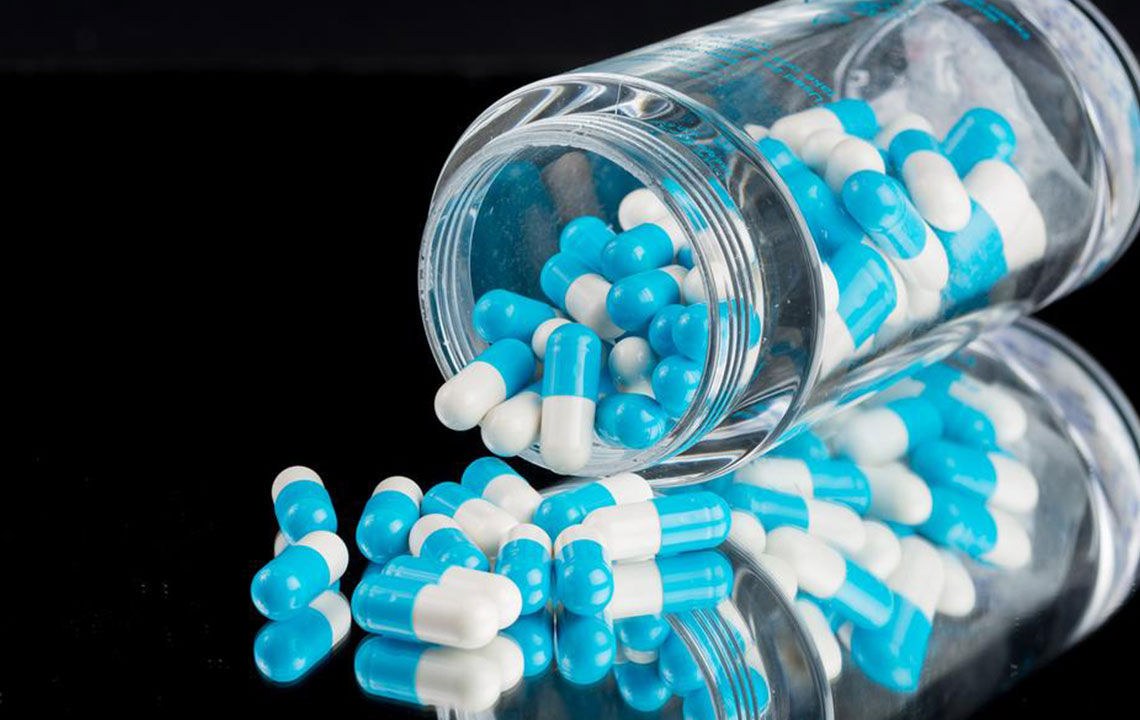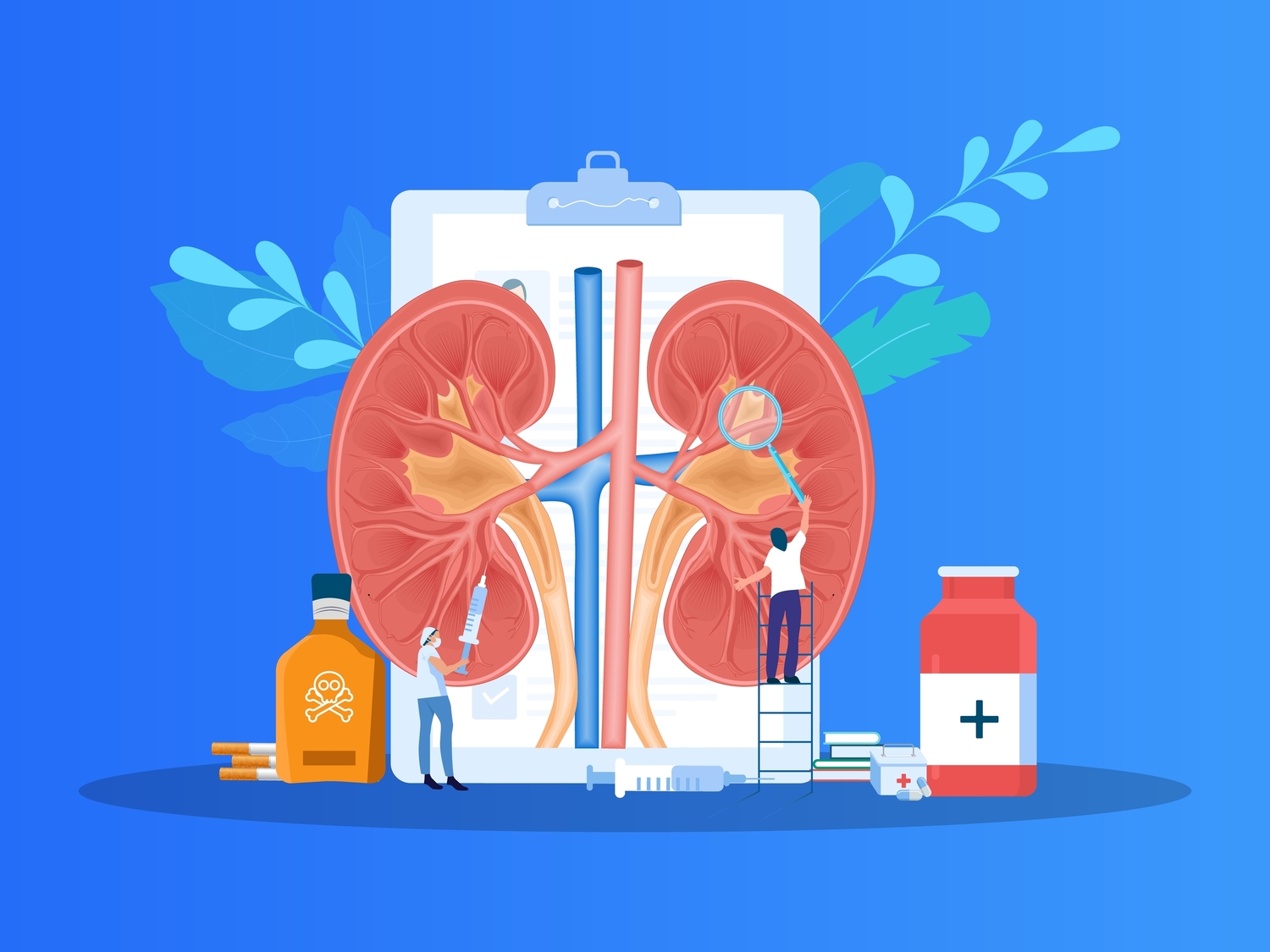Guide to a Diet for Optimal Kidney Health
This comprehensive guide outlines essential dietary practices to support kidney health, emphasizing nutrient restrictions, foods to avoid, and personalized diet tips for those with compromised kidney function. Proper diet management can slow disease progression and enhance quality of life by reducing toxin buildup and supporting renal health.

Guide to a Diet for Optimal Kidney Health
The kidneys play a vital role in removing waste products from our body through metabolic processes. As part of the excretory system, they eliminate over 80% of body waste. However, conditions such as hypertension and diabetes can lead to kidney disease.
Adopting healthy eating habits and limiting intake of fats, sugars, and sodium can significantly decrease the risk of kidney issues.
What is a kidney-friendly diet?
Commonly called a renal diet, this plan is essential for individuals with impaired kidney function.
Following such a diet helps maintain balanced blood waste levels. Toxin accumulation can disrupt electrolyte balance and worsen kidney health. A tailored kidney diet minimizes sodium, phosphorus, and protein intake, and limits fluid consumption. Sometimes, potassium and calcium restrictions are also necessary. Personalized plans are recommended for each patient.
Key nutrients and their importance:
Sodium: Excess sodium impairs kidney function, leading to fluid retention, swelling, high blood pressure, and heart complications.
Potassium: Crucial for heartbeat and muscle activity; buildup can cause weakness, irregular heart rhythm, and potentially fatal arrhythmias.
Phosphorus: Necessary for bones, but excess can weaken them and deposit in blood vessels, risking severe health issues.
Fluid Intake: Reduced kidney function decreases urine output, so fluid intake must be carefully controlled to avoid overload, based on individual needs.
In conclusion, a kidney-friendly diet emphasizes limiting sodium, potassium, phosphorus, fluids, and protein. Avoiding processed foods and checking labels help lessen the burden on kidneys, promoting better health. Staying away from certain foods like processed meats, frozen items, soda, and high-calorie dressings like mayonnaise is vital for kidney health. A strict diet can lessen dependence on dialysis and support overall kidney function.
Note:
Our blog provides diverse health information based on research and data. However, content should not replace professional medical advice. The site disclaimer highlights that variations and inaccuracies may exist, and readers should consult healthcare providers for personalized recommendations.









